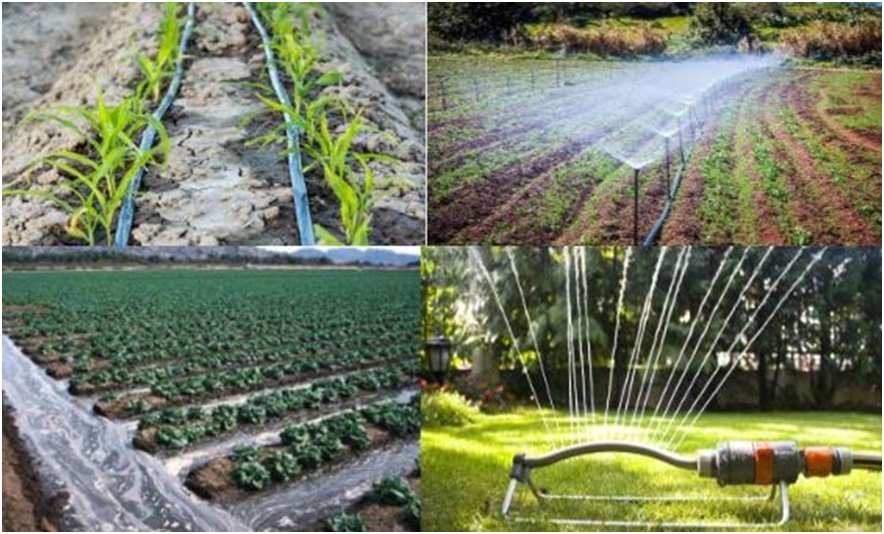Introduction
As the global population burges, so does the demand for food. Agriculture, the backbone of sustenance, faces the challenge of producing more crops with fewer resources. In this context, the optimization of irrigation management emerges as a crucial factor for sustainable and efficient agricultural practices.
Water Scarcity and the Need for Efficiency
Water scarcity is a pressing global issue, exacerbated by climate change and population growth. Agriculture accounts for a significant portion of water usage, making efficient irrigation management imperative. Inefficient practices not only strain water resources but also contribute to environmental degradation.
Modernizing Irrigation Systems
The future of agriculture lies in the adoption of modernized irrigation systems. Drip irrigation, precision irrigation, and sensor-based technologies are revolutionizing the way we water crops. These systems minimize water wastage, enhance nutrient delivery, and improve overall crop health.
Data-Driven Decision Making
The integration of technology and data analytics allows farmers to make informed decisions about irrigation. Weather data, soil moisture levels, and crop water requirements can be analyzed to create customized irrigation schedules. This data-driven approach optimizes water usage and minimizes the environmental impact.
Drip Irrigation: A Paradigm of Efficiency
Drip irrigation, characterized by the slow and precise application of water directly to the plant’s root zone, stands out as a beacon of efficiency. This method reduces water runoff, minimizes soil erosion, and ensures that each plant receives the necessary hydration without excess.
Precision Agriculture and IoT
The Internet of Things (IoT) has made its mark on agriculture through precision farming. Sensors embedded in the soil can provide real-time data on moisture levels, allowing for precise irrigation. This not only conserves water but also improves crop yields by ensuring that plants receive the right amount of water at the right time.
Water-Efficient Crop Varieties
Research and development in agriculture are yielding crop varieties that are more resilient to water stress. By cultivating drought-resistant crops, farmers can mitigate the impact of water scarcity and reduce their dependence on extensive irrigation.
Educating Farmers for Sustainable Practices
Better irrigation management requires a shift in mindset and the adoption of new practices. Farmers must be educated about the benefits of efficient irrigation methods and supported in the transition to these technologies. Government initiatives and agricultural extension services can play a pivotal role in disseminating knowledge.
Government Policies and Incentives
Governments can incentivize the adoption of better irrigation practices through policies that promote water-efficient technologies. Subsidies for the installation of drip irrigation systems, tax benefits, and educational programs can encourage farmers to embrace sustainable irrigation methods.
Challenges and Overcoming Barriers
Despite the evident benefits, the adoption of better irrigation management faces challenges. High initial costs, lack of awareness, and resistance to change are significant barriers. Addressing these challenges requires collaborative efforts involving governments, research institutions, and the private sector.
Conclusion
The journey towards better irrigation management in agriculture is not just a technological evolution but a paradigm shift in our approach to food production. Embracing efficient irrigation practices is not only an investment in the sustainability of agriculture but also a commitment to preserving our precious water resources for future generations. As we navigate the complexities of feeding a growing population, the optimization of irrigation systems stands as a beacon of hope, ensuring that our agricultural practices align with the principles of environmental stewardship and long-term viability.

